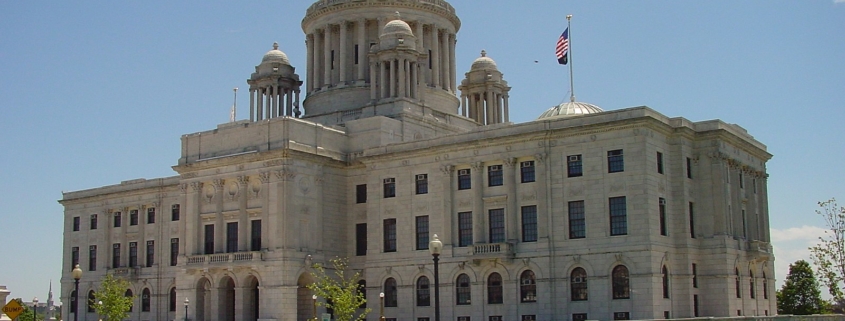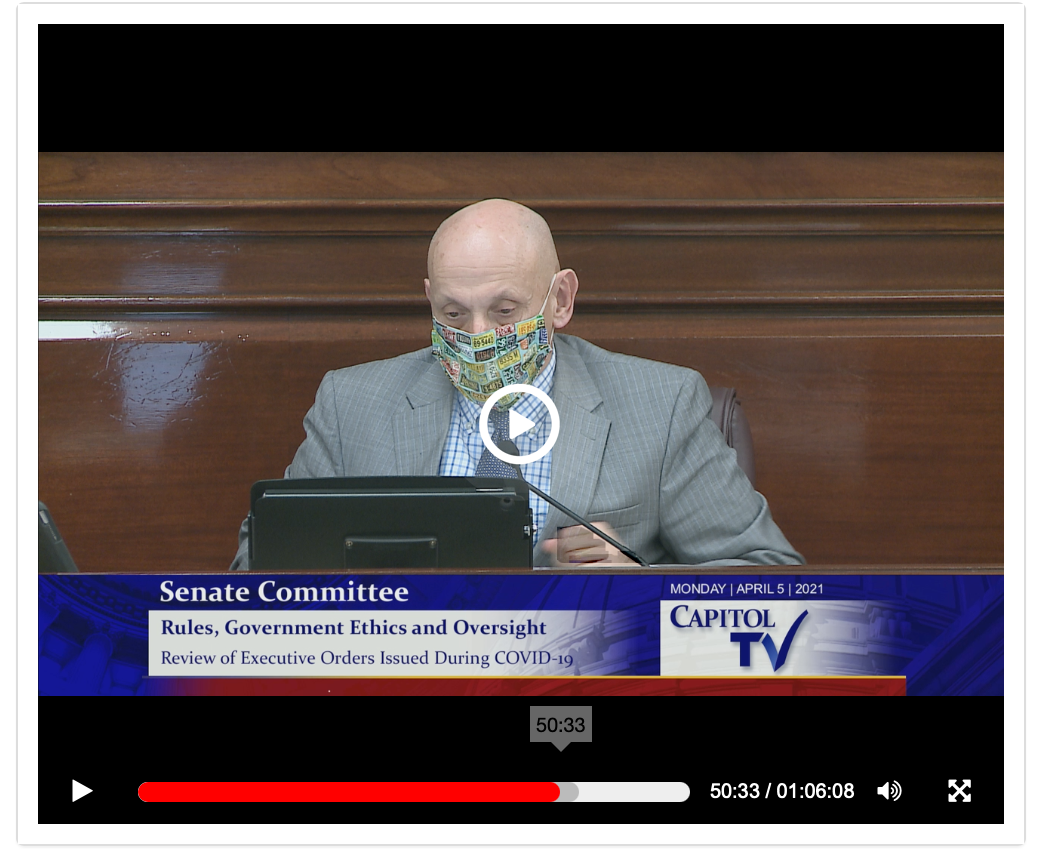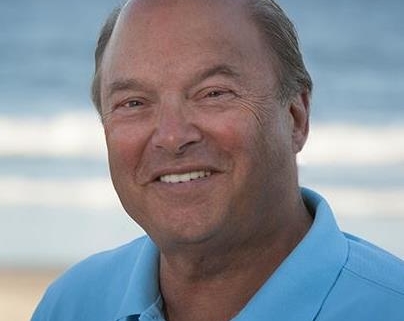Flanders, Stenhouse Provide Testimony Calling for an End to Unchecked Executive Branch Emergency Powers
“Appalled” that a state Senator is a “big fan” of unconstitutional EOs
Providence, RI – Former state Supreme Court Justice and board member Robert Flanders, as well as CEO Mike Stenhouse, provided testimony on behalf the Rhode Island Center for Freedom and Prosperity at yesterday’s Senate Oversight Committee hearing on the emergency Executive Orders issued during the current pandemic.
“I’d like to thank Chairman DiPalma for holding this important hearing,” commented Stenhouse. “However, I was very disappointed in the lack of interest in providing balanced government by most of the other committee members.”
Former judge Flanders submitted written testimony which, in part, stated: “Rhode Island’s Emergency Powers Act should be legislatively reformed to provide for more democratic emergency governance, along with a re-examination of the statutory parameters of the Governor’s emergency powers and the related roles of the legislative and judicial branches of state government.”
Flanders, whose testimony listed many areas of concern regarding executive over-reach and potentially unconstitutional executive orders, has also publicly stated that “there is no pandemic exception to the Constitution.”
Stenhouse, in his verbal testimony (beginning at the 50:35 mark), firmly stated that he was “appalled” that a sitting Senator (Stephen Archambault) openly averred (40:45) at the hearing that he was a “big fan” of an unconstitutional executive order described by an attorney from the executive branch. The Senator would later double-down on his absurd assertion (58:45).
Stenhouse decried the legislative branch’s lack of oversight of the executive branch – especially the publicly transparent and vigorous debate that would accompany such oversight – during the still-ongoing declared state of emergency. He called for reforms that would require General Assembly approval to extend emergency Executive Orders beyond their initial 30-day period.
Stenhouse also listed 10 states that have already passed or were moving similar legislation, after it became clear that existing law in many states provided too much unchecked power to the executive branch during states of emergency:
Kentucky, Utah, and Ohio have already passed related laws; while West Virginia, Arizona, Pennsylvania, North Dakota, Texas, North Carolina, and Indiana are expected to pass laws or constitutional amendments. These legislative actions, generally and among other items, would place time limits on executive emergency powers and would require the legislature to extend emergency orders by joint resolution.
Only one committee-member, Senator Jessica De La Cruz, expressed support for limiting emergency executive powers by requiring legislative approval.







